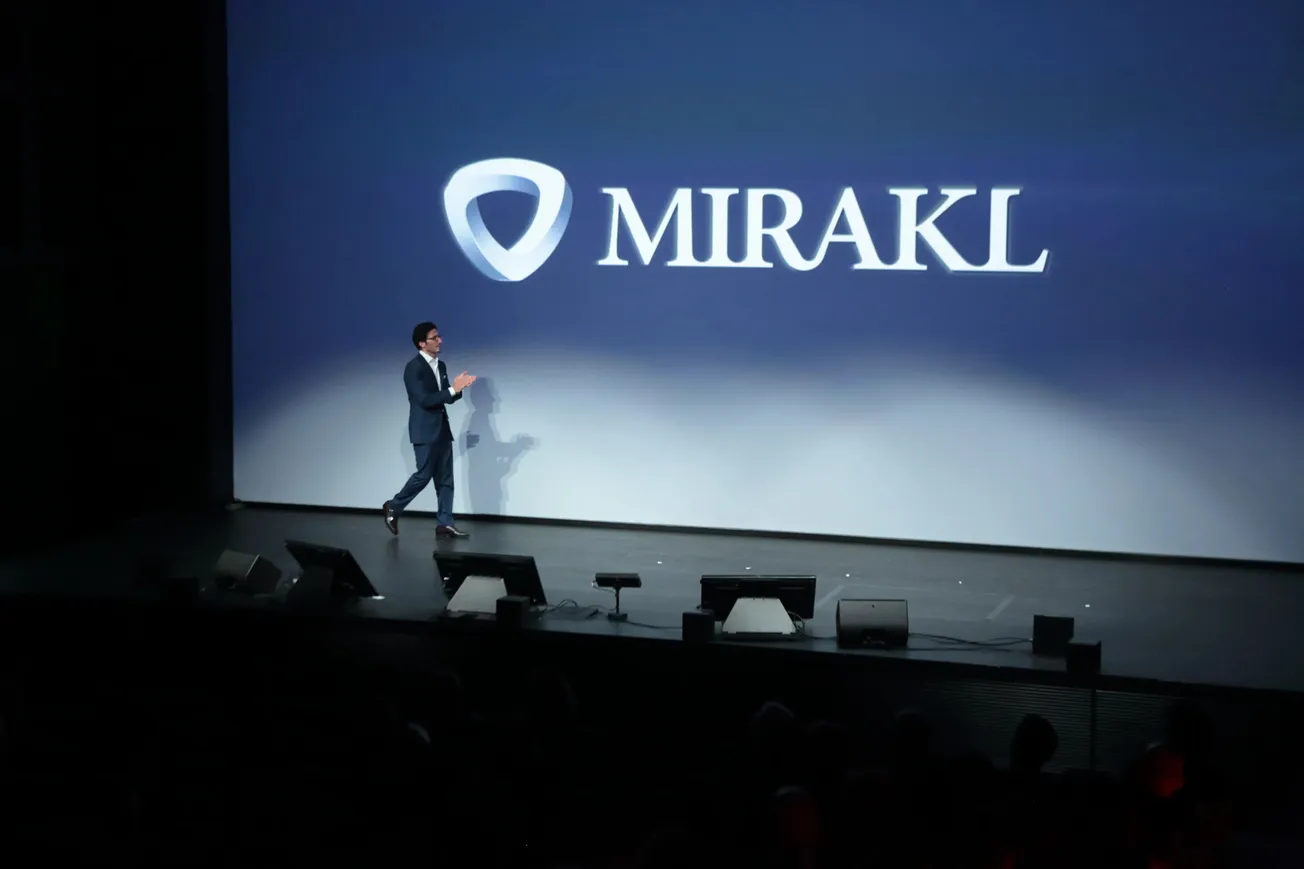While France’s national health care system may be the envy of others, the outdated paperwork procedures it still uses are not.
Lifen is the latest startup that wants to drag the administrative systems used by health care providers out of the Middle Ages. Today, the company announced it had raised a €7.5 million round of funding from Daphni and Serena Capital to expand a system that allows for the digital exchange of medical documents.
The goal is to improve communication between different providers in a system that still often relies on sending documents by mail or counts on patients transporting copies from one office to another. Lifen’s products helped bridge the different systems providers use while maintaining security.
The French health care system is a strange mix of the old and new. On the one hand, everyone in the country is issued a smartcard that facilitates check-ins, payments, and reimbursements. On other hand, booking appointments can involve calling a doctor on the phone that they answer themselves. And getting referrals can require a doctor to write a letter and place it in the mail to a specialist.
The government is acutely aware of this disconnect. Last month, Prime Minister Edouard Philippe and the Minister of Solidarity and Health, Agnès Buzyn, announced an ambitious program to digitize this sector of the economy by 2022. The goals include greater access of data for patients and simplifying the ability share information between medical providers.
Other companies have emerged to address parts of this antiquated system, most notably Doctolib which has raised more than $60 million for its medical booking platform.
Lifen, launched in 2015, now has 20 employees in Paris and says it has already partnered with “dozens” of hospitals and clinics. Its co-founders include Franck Le Ouay, co-founder and Scientific Director of Criteo.









